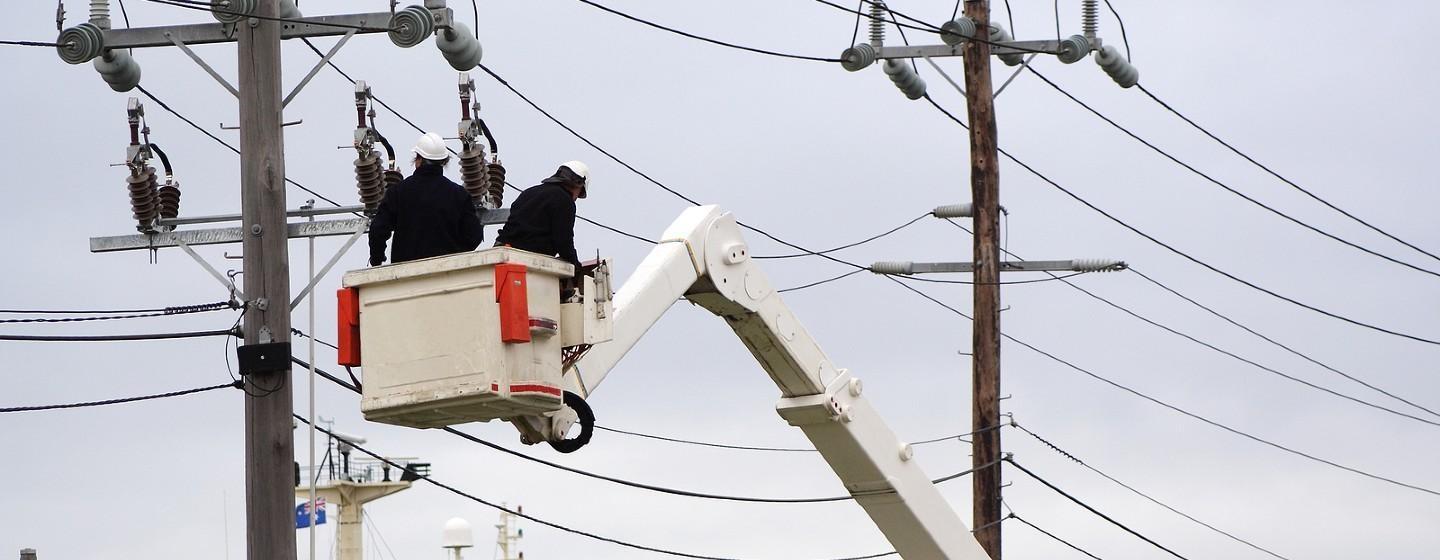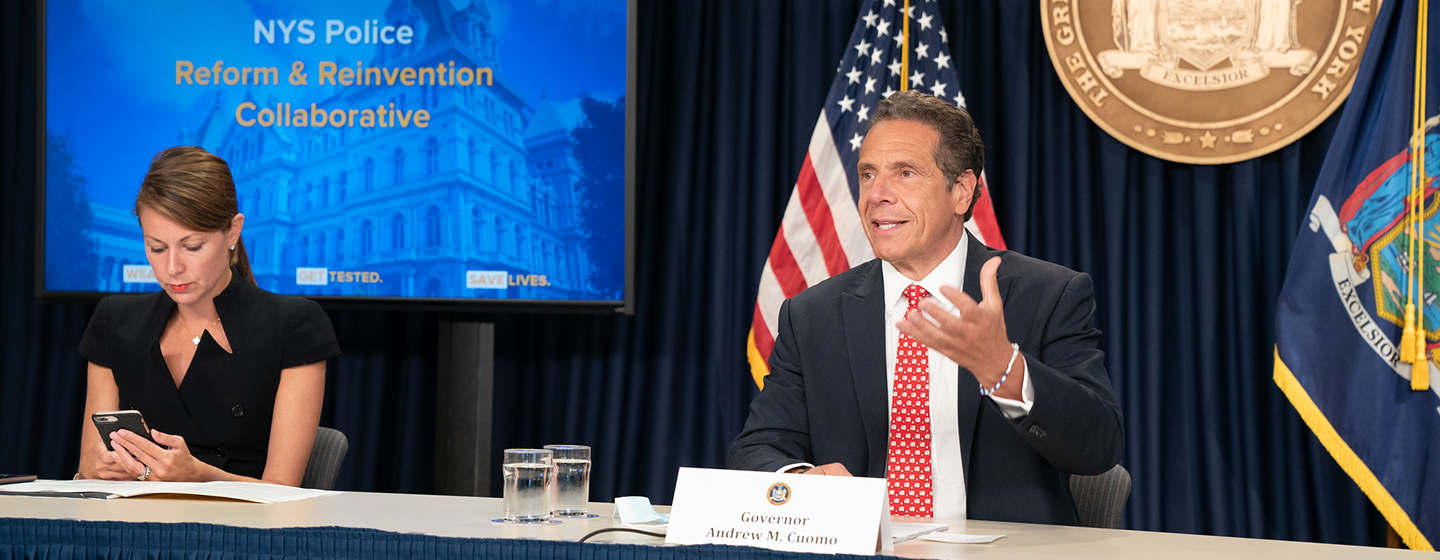Cuomo, Lawmakers Reach $212 Billion State Budget Deal

Cuomo, Lawmakers Reach a State Budget Deal
Democrats in New York have come to an agreement on this year’s state budget, which will total $212 billion in spending and accomplish several legislative items, like the legalization of online sports betting, a new fund for workers excluded from unemployment benefits, and more.
Gov. Andrew Cuomo announced the deal Tuesday afternoon as lawmakers began voting on a package of bills that make up the budget.
"We not only balanced our budget, we are also making historic investments to reimagine, rebuild and renew New York in the aftermath of the worst health and economic crisis in a century,” Cuomo said.
New York will raise taxes on high-income earners and corporations to finance a wave of new spending that Democrats have framed as a series of long-term investments into the state’s infrastructure and economy.
The personal income tax hikes will only apply to individuals earning more than $1 million per year. Middle-income New Yorkers will not see any state income tax increases in the budget.
“Working and middle-class taxpayers will receive the relief they desperately need, while the wealthiest New Yorkers will help their neighbors,” said Senate Majority Leader Andrea Stewart-Cousins, D-Westchester. “This budget makes New York better for all.”
“I am particularly proud that we have been able to make historic investments in our schools, keep higher education within reach, deliver the relief that our small businesses need to get back on their feet, and provide critical funding for child care that families need,” said Assembly Speaker Carl Heastie, D-Bronx.
Most of the final details on the budget agreement have not yet been released, but Cuomo and legislative leaders laid out some of the broad points Tuesday afternoon.
For one, New York will spend a record $29.5 billion in aid for schools, with a commitment to boost that funding again in the coming years. That funding will help low-income school districts invest in resources that weren’t previously attainable.
At the same time, the budget will allocate $2.4 billion for child care services. It’s unclear if that funding will be made directly to providers, or if parents will have access to it.
New York will also legalize mobile sports betting in this year’s state budget. Cuomo and lawmakers haven’t released details on the plan for the new industry, but reports have indicated that it could be more limited than casino operators had hoped for.
Nursing homes will also be subject to new changes in state law under this year’s budget agreement.
The new law will require nursing homes to use at least 70% of their total revenue on direct patient care, with 40% of that for staffing. Lawmakers have said that’s intended to root out bad actors that may not invest enough in staffing to meet the needs of residents.
Broadband internet will also be available to low-income New Yorkers for as low as $15 per month under the budget agreement.
The new law will require large internet service providers in New York, like Spectrum and Verizon Fios, to provide plans with download speeds of at least 25 Gbps to low-income individuals and those receiving certain forms of public assistance.
Consumers will also be able to increase the speed of their internet, significantly, with plans capped at $20 per month for low-income individuals.
New York will also set aside $2.1 billion for a new two-tiered fund that will allow workers excluded from unemployment benefits during the pandemic to access some form of relief.
The fund is targeted at, but not limited to, undocumented workers, who don’t have access to unemployment benefits. The fund will include two tiers — one that will pay out a larger benefit with proof of identification, and another that will provide relief regardless.
Lawmakers are expected to work through the night into Wednesday to approve the package of bills required to enact the new state budget, which was due April 1.
Related

NY Will Set $15 Per Month Price Cap on High-Speed Internet for Low-Income Earners
The deal will also require the state to study access and reliability of high-speed internet service statewide, including in historically underserved rural areas.

Local Gov’ts Without Police Reform Plan Risk State Monitor, Funding Cuts Under Budget Deal
The plan, which is included in this year’s state budget, would allow the state to appoint those monitors, but require localities to foot the bill for their work.


